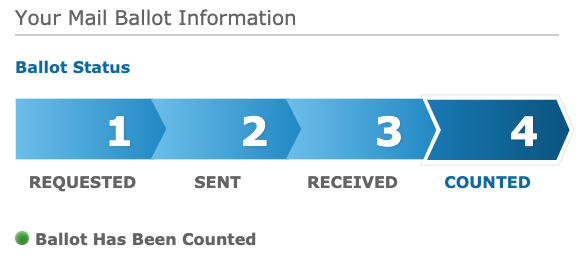
On April 15, 1959, Fidel Castro arrived in New York to begin an 11-day visit.
He had just triumphed in the revolution he led that overthrew the Cuban government. He was in New York to speak at the United Nations. But that was only the official purpose.
Actually, as I remember it, Castro was like a schoolboy, delighted to see the big city and all its wonders, including the Bronx Zoo and to sample the cuisine — notably, hot dogs.
He drove the police brass crazy as he traveled impulsively from place to place. They never knew where the Castro motorcade would go next. And they tried to deploy enough cops to protect him.
He saw Times Square and Fifth Avenue. His favorite neighborhood was Harlem — and, after taking in all the sights, he was ready to leave. Police commanders were delighted to see him go — to be relieved of the burden of protecting the revolutionary leader. I was set up with my camera crew in the rotunda of Penn Station. Castro and his bearded lieutenants were boarding a train to Boston.
Castro stopped to talk to the press. I asked whether early reports calling him a Communist were true. He denied it.
But then — a journalistic disaster for me and my film crew of three men. The film had buckled. The interview was destroyed.
I made a quick decision.
“We’re getting on that train to Boston with him,” I told the crew. A couple of cops said, “You can’t go on that train.” And I told the cops, “You can’t stop us from riding the New Haven Railroad,” and we boarded the train. I yelled at a newspaper photographer I knew, “Please call my office and tell them we’re on that train.” There were no cell phones in those days.
Castro was on his way to Harvard to speak to a class there. I tried to get in to see him, but we were stopped by his people. Finally, though, a young woman came out to ask what we wanted. I explained to her that I had lost the interview we did at the station. I told her I knew Castro was a friend of the working class, and that included me. I’d lose my job (a white lie) if I didn’t get this interview. So could I please have just a minute or two with him?
By this time, the train was about 40 minutes out of New York. She went back to Castro, and then came out and said he would see us. We followed her several cars beyond ours to a tiny roomette. Castro was sitting there with a Harvard professor — he had agreed to speak to the professor’s class.
Another hassle ensued when I sat down with Castro to do the interview — the portable light we were using cast a reflection from a mirror back into the camera. When Castro saw that we were unable to shoot the interview because of the reflection, he rose from his seat, took a towel, and covered the mirror. “Is that okay?” he asked, and the cameraman said yes, it was fine now.
I asked him again whether he was a Communist and he denied it. And then he made an appeal for peace between Latin American countries and the United States.
As we left the compartment and rushed to get off the train, somewhere around Norwalk, Castro yelled, “Will I be able to see this in Boston tonight?”
And I yelled back: “Sorry. No. This is only a local show.”
It's been 57 years. But it's a crazy time that’s still distinct in my memory.
BY Gabe Pressman: Interviewing Fidel Castro On a Train